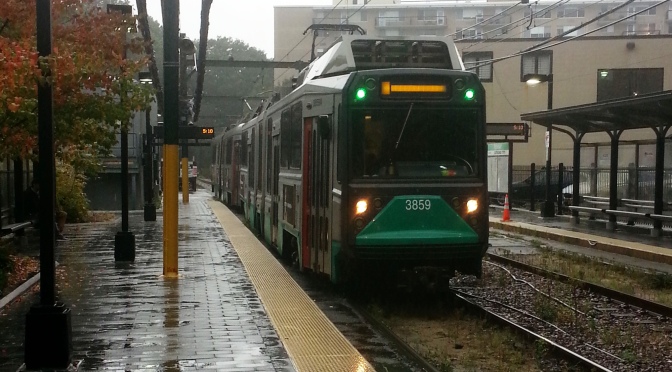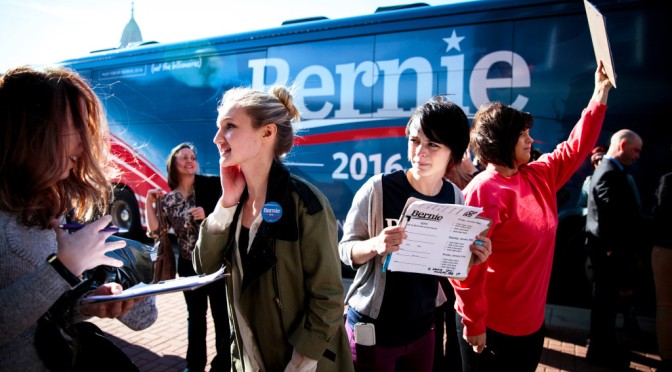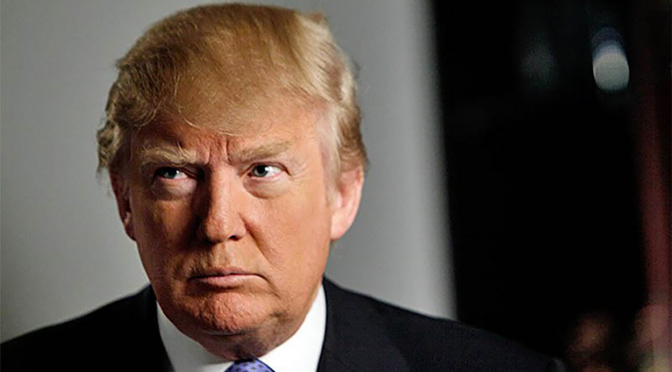[Originally posted to the EC Reporter on March 28, 2016]
With the recent announcement of fare increases and the end of late night service for the MBTA, the main thought on people’s minds is… why?
“I wish it wasn’t happening. I don’t know what they’re doing with that funding, especially ending late night service,” says Taylor, a 28-year-old Bostonian who works in the archival department at Harvard Library. “Where is that [money] going, you know? I’m not happy about it.”
With the price of a CharlieCard increasing from $2.10 to $2.25 and a CharlieTicket from $2.65 to $2.75, the MBTA is set to collect nearly $43 million in revenue this year. There will also be an increase in monthly pass costs, including a $1 increase for seniors and $4 for students. While the MBTA will be making bank on these changes, it seems the public are going to be breaking the bank.
Charry Hughes, a teacher at Leominster High School, feels the changes are going to be particularly hard on students. “That’s way too high for students,” she says. “Just way too much for kids.”
Meredith Munn, a 28-year-old health care advocacy worker, agrees. “[The city] should cut students a break. They’re going to have to start taking out student loans just to pay their transportation passes. That’s really sad!”
Munn takes the T many times every day and feels for those who will be most affected by the changes. She says, “I work [at a place where] everyone takes the train or the bus to get to where they need to go. I technically can afford a fare increase, but I know a lot of other people can’t. I think if it continues to go up like this, it’s going to become unaffordable really fast.”
While talk of the changes has been circulating, many of the specifics are unknown by the public. For many, this fare increase came without warning. “For me, it’s kind of like once you go and buy your ticket you find out,” says Jessica Sanieoff, a 26-year-old optometric technician who takes the T at least three times per week. “There’s been no advanced warning or anything when they raise the prices.”
For those that do know about the changes, they certainly haven’t been welcomed. “I actually did the math: Commuting five days a week every month is something like $125, and that’s not even going anywhere on the weekends,” says twenty five-year-old Taylor of her daily commute from Mission Hill to Harvard Square for work. “That’s already so much.”
Whether the grievances of the public will affect future decisions made by the MBTA is unknown. For now, riders can expect to see these changes put in place on July 1 of this year.



